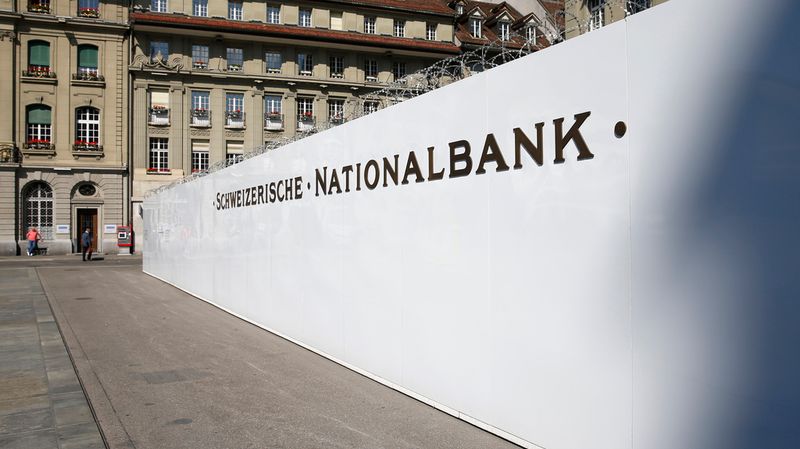Swiss National Bank hits reserves record in July

Switzerland has always been one of the safest havens in the financial field, as evidenced by its public bonds, which until the expiry of 30 years still offer negative returns. The exchange rate between the Swiss franc and euro is practically to the beginning of the year, being rocked in recent months in a fairly narrow range (1.07 to 1.11).
The post-Brexit statement was only the second time the SNB has officially confirmed intervention to weaken the Swiss franc since January 2015. The first happened when Greece announced a referendum on its bail-out by European partners.
Earlier this week, Governor Thomas Jordan reiterated that "the franc remains overvalued" and that, therefore, the negative rates are essential, even in anticipation of weak inflation in the coming years (-0.4% this year, + 0.3% in 2017 and + 0.9% in 2018) and a slowdown in economic growth.
Foreign exchange reserves of the SNB rose to 635.3 billion francs, an increase of more than 42 billion in a single semester. The increase in foreign exchange reserves is considered an index of the strengthening of the exchange rate, although Jordan has ensured that there would be no limits on their amount and that there would still be room to maneuver to weaken the exchange rate.
What do you think about this article? Leave your point of view on Facebook

